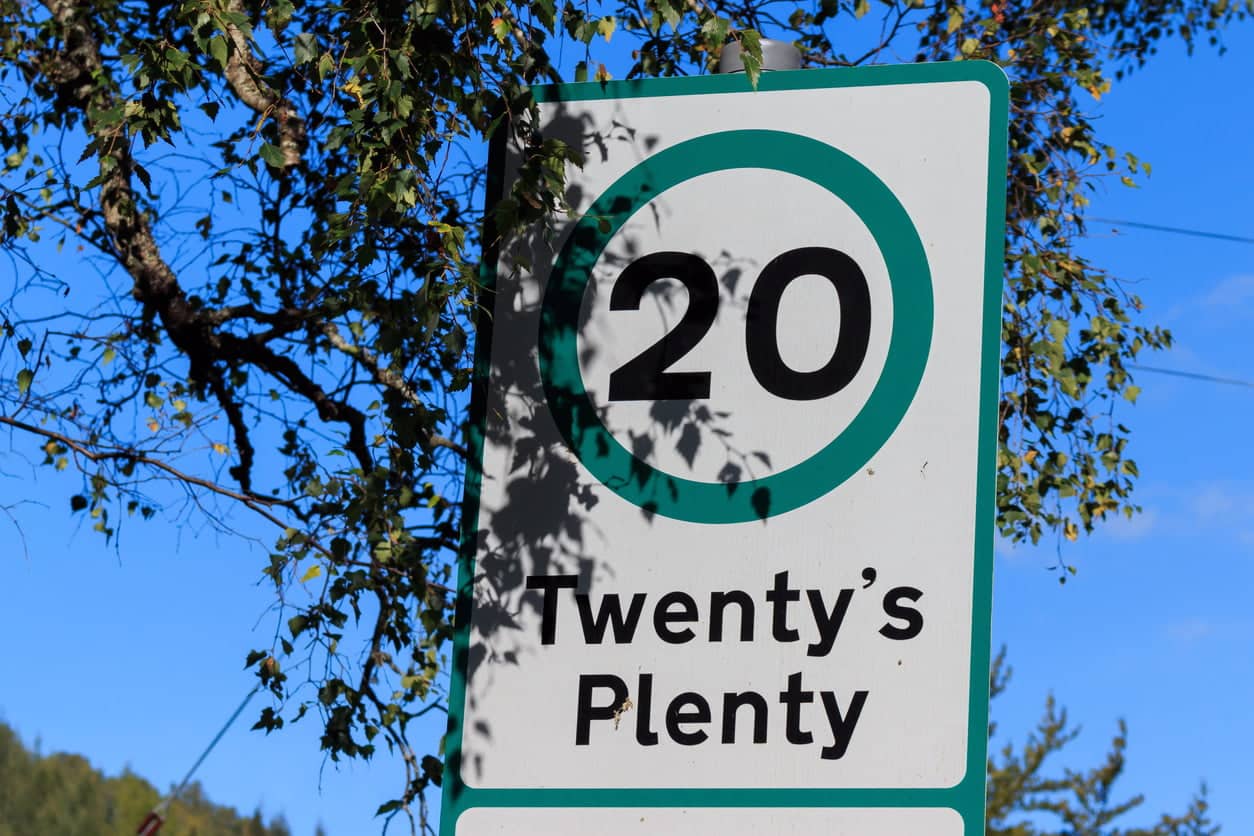Speed limits are amongst the most talked-about issues when it comes to driving. In fact, you could call it the weather of the motoring world. In the UK, in particular, speed limits have always been a hot topic, with some complaining that they sap the fun out of driving, and others arguing that they don’t go far in enough in making roads safer.
Regardless of which side of the fence you’re on, we thought it was time to put UK speed limits into perspective. To do that, we gathered speed limit data from around the world, including limits for motorways and rural and urban areas. Use the interactive map below to explore different speed limits around the world.
Which Countries Have the Highest Speed Limits?
Looking at global speed limits for motorways and roads in rural and urban areas, some countries came up again and again for their high limits – with the USA chief among them.
Incredibly, in the US, some states allow up to 75 mph (120 kph) in urban areas – that’s 5 mph more than the legal limit on motorways here in the UK! Compare that to our maximum for urban areas, which is usually 30-40 mph depending on the type of road (with some roads around schools going as low as 20mph), and it’s startling to think that Americans sometimes travel nearly twice as fast as that in some urban areas.
Looking at the list of legal speeds in built-up areas, the USA stands out for its super high limit. The next two countries on the list, Bahrain and Nepal, don’t come close, with both having a 50 mph (80.47 kph) maximum.
In contrast, the USA imposes a standard 70 mph on its motorways, which is significantly lower than some countries. Indeed, four countries – including Germany with its famous autobahns – don’t enforce any speed limit on motorways, while others, including Iraq, Bulgaria and the UAE have an 87 mph (140 kph) motorway limit.
Which Countries Have the Lowest Speed Limits?
Think 70 mph on the motorway is too slow in the UK? Wait until you hear just how slow some roads are around the world…
On motorways in Bhutan, the fastest you’ll be going is 31 mph (50 kph). Elsewhere, like in Bangladesh, Bolivia and Fiji, a 50 mph (80 kph) limit is the maximum.
Meanwhile, on rural roads in Bangladesh, you’ll be trundling along at a maximum 19 mph (30 kph), dropping to 16 mph (25 kph) in urban areas. Things don’t move much quicker in the Cayman Islands either, with a speed limit of 25 mph (40 kph) on rural roads and 19 mph (30 kph) in built-up areas.
16 mph, 19 mph, 25 mph – it’s a wonder they ever get from A to B! Of course, lots of countries don’t have the infrastructure that we do here in the UK, so speed limits are designed to keep people safe on potentially hazardous roads.
Which Countries Have the Most Speed Cameras?
Arguably more contentious than speed limits themselves; speed cameras are the ultimate love-to-hate feature of UK roads, and there are a growing number of them monitoring our drives from A to B. But how does the UK compare to other countries in terms of how many speed cameras it has? Are we really as carefully monitored as some people think?
Looking at the data, it would seem so. The UK has the fourth-highest number of known speed cameras anywhere in the world, with only Brazil, Italy and Russia having more. While it’s hard to put a figure on the exact number of speed cameras in every country around the world, recent SCDB data tells us there are around 59,825 known and active speed traps globally, 3,990 of which are in the UK. That doesn’t include variable speed limit cameras on motorways, red light cameras, and other traffic control cameras – of which there are estimated to be roughly 31,000 around the world.
But, whatever your view on speed cameras, their presence almost certainly contributes to the safety of our roads. Here in Britain, we’re fortunate to have the safest roads of any country in Europe, and the prevalence of speed cameras and tough penalties for speeding have a part to play in maintaining road safety.
What are your thoughts on speed limits and speed cameras? Do you curse every time you see a 50-mph sign on a rural road? Or do you think there’s space to lower the limit even further? We’d love to hear your thoughts, so join in the conversation over on the Redex Club Facebook page.
Redex is the UK’s leading developer of fuel additives and system cleaners, providing innovative products designed to give you a better drive. For more information or our complete product range, visit the homepage today.
